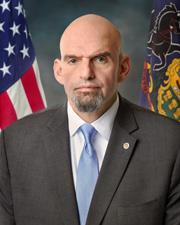0
Fighting Trade Cheats Act of 2023
3/14/2024, 6:44 AM
Congressional Summary of S 805
Fighting Trade Cheats Act of 2023
This bill increases penalties for, and establishes additional enforcement mechanisms related to, fraudulent and grossly negligent violations of U.S. customs laws.
Specifically, the bill increases the maximum civil penalty for a fraudulent violation to three times the domestic value of the merchandise. Further, the bill prohibits a person who commits a fraudulent violation from importing merchandise into the United States for a five-year period.
Additionally, the bill increases the maximum civil penalty for a grossly negligent violation to the lesser of (1) 3 times the domestic value of the merchandise; or (2) 10 times the lawful duties, taxes, and fees. It also prohibits a person who commits a grossly negligent violation from importing merchandise into the United States for a two-year period.
Further, the bill applies these importation bans to an affiliated person (e.g., a family member, partner, or employee) of the person who committed the fraudulent or grossly negligent violation.
The bill also establishes a private right of action for customs fraud or grossly negligent violations. In particular, the bill allows manufacturers, producers, wholesalers, labor unions, or trade associations to bring a civil action against a violator or any person that aids or abets a violator.
The bill prohibits any person (or an affiliated person) who commits a fraudulent or grossly negligent violation from participating in the U.S. Customs and Border Protection's Importer of Record program, and further requires their importer of record numbers to be revoked.





